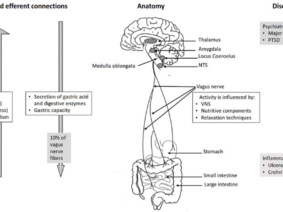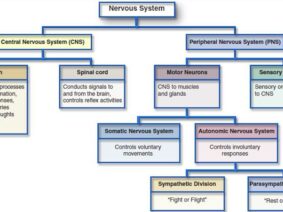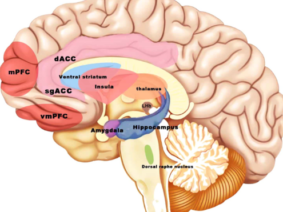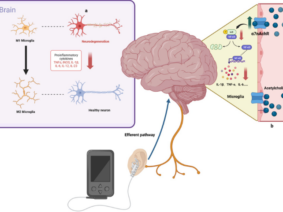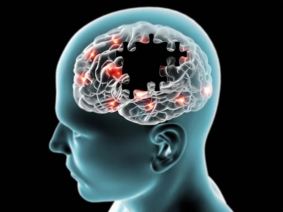In the realm of treatment-resistant depression, where conventional therapies often fall short, researchers are exploring innovative approaches to address the complex interplay between neurological and immunological factors. A recent pilot study, sheds light on the potential of vagus nerve stimulation (VNS) to modulate inflammation and alleviate symptoms in patients with refractory depression.
Shedding Light on Vagus Nerve Stimulation (VNS)
The study, conducted over a period of more than four years, focused on six patients with treatment-resistant depression. Prior to VNS therapy, participants underwent assessments to gauge the severity of their depression and anxiety symptoms. Following the implementation of VNS therapy, significant reductions in depression severity scores and anxiety levels were observed, suggesting a promising avenue for treatment.
The Role of the Vagus Nerve in Modulating Inflammation
Central to the mechanism of VNS therapy is the vagus nerve, a key component of the parasympathetic nervous system known for its role in regulating inflammation. Through its efferent pathway, the vagus nerve communicates with immune cells in the spleen, promoting an immunosuppressive environment that can mitigate inflammatory responses. By stimulating the vagus nerve, VNS therapy can modulate systemic inflammation.
Implications for Depression and Neuroimmune Dysfunction
The modulation of inflammation holds particular relevance in the context of depression, where dysregulated immune responses have been implicated in the pathophysiology of the disorder. Studies have shown that individuals with depression often exhibit elevated levels of pro-inflammatory cytokines, which can contribute to the development and persistence of depressive symptoms. By targeting inflammatory pathways, VNS therapy may offer a novel approach to addressing the underlying neuroimmune dysfunction associated with depression.
While the precise mechanisms underlying the therapeutic effects of VNS on depression remain under investigation, emerging evidence suggests a multifaceted interplay between the vagus nerve, inflammation, and mood regulation. By influencing neuroimmune interactions, VNS therapy has the potential to rebalance aberrant inflammatory responses, thereby alleviating depressive symptoms in individuals resistant to traditional treatments.
The findings of this pilot study underscore the promising role of VNS therapy in modulating inflammation and improving outcomes in patients with treatment-resistant depression. As research in this area continues to advance, further elucidating the mechanisms and optimizing treatment protocols, VNS may emerge as a valuable therapeutic option for individuals grappling with the debilitating effects of refractory depression.
By harnessing the anti-inflammatory properties of the vagus nerve, VNS therapy represents a promising avenue for addressing the complex interplay between inflammation and mood disorders, paving the way for more effective interventions and improved quality of life for those affected by treatment-resistant depression.
References
Lespérance P, Desbeaumes Jodoin V, Drouin D, Racicot F, Miron J-P, Longpré-Poirier C, Fournier-Gosselin M-P, Thebault P, Lapointe R, Arbour N, et al. Vagus Nerve Stimulation Modulates Inflammation in Treatment-Resistant Depression Patients: A Pilot Study. International Journal of Molecular Sciences. 2024; 25(5):2679. https://doi.org/10.3390/ijms25052679

